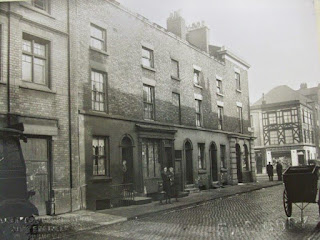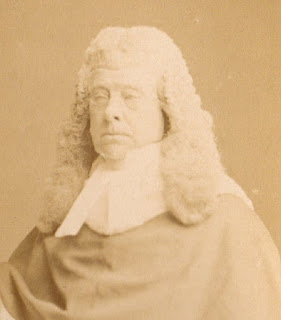When a woman died of head injuries following an altercation with a neighbour over the ownership of a beer jar, nobody was charged due to doubts over how her injuries had occurred.
On Thursday 30th May 1895 Mary Digman, the twenty seven year old estranged wife of a butcher, was found in Kempston Street with serious head injuries. She was taken to the workhouse hospital where her condition deteriorated to such an extent that the following day a magistrate and detective took dying depositions from her.
Digman told how on the previous Sunday she had been drinking in the house of a woman named Jessie Burgess when a row broke out over the ownership of a jar, which was worth 6d if returned to a public house. She stated that Burgess struck her on the head with a ginger beer bottle, causing injuries which eventually led to her collapsing in the court five days later.
Burgess was arrested in custody and initially remanded for seven days on a charge of assault. Digman lingered until the 14th June, with the inquest taking place a fortnight later before the coroner Mr Sampson. Contrary to Digman's deposition, neighbours said that a fight had taken place between the two women in she street, leading to both falling on the ground. Digman was then said to have thrown a bottle at Burgess, who threw one back hitting her on the head.
The doctor who carried out the post mortem said he could not be sure how the injury behind Digmans ear which eventially caused her death had occured. He said it could have been caused by broken glass from a bottle, but also from a fall. With this doubt now in the jury's minds, an open verdict was returned and Burgess was released.




















